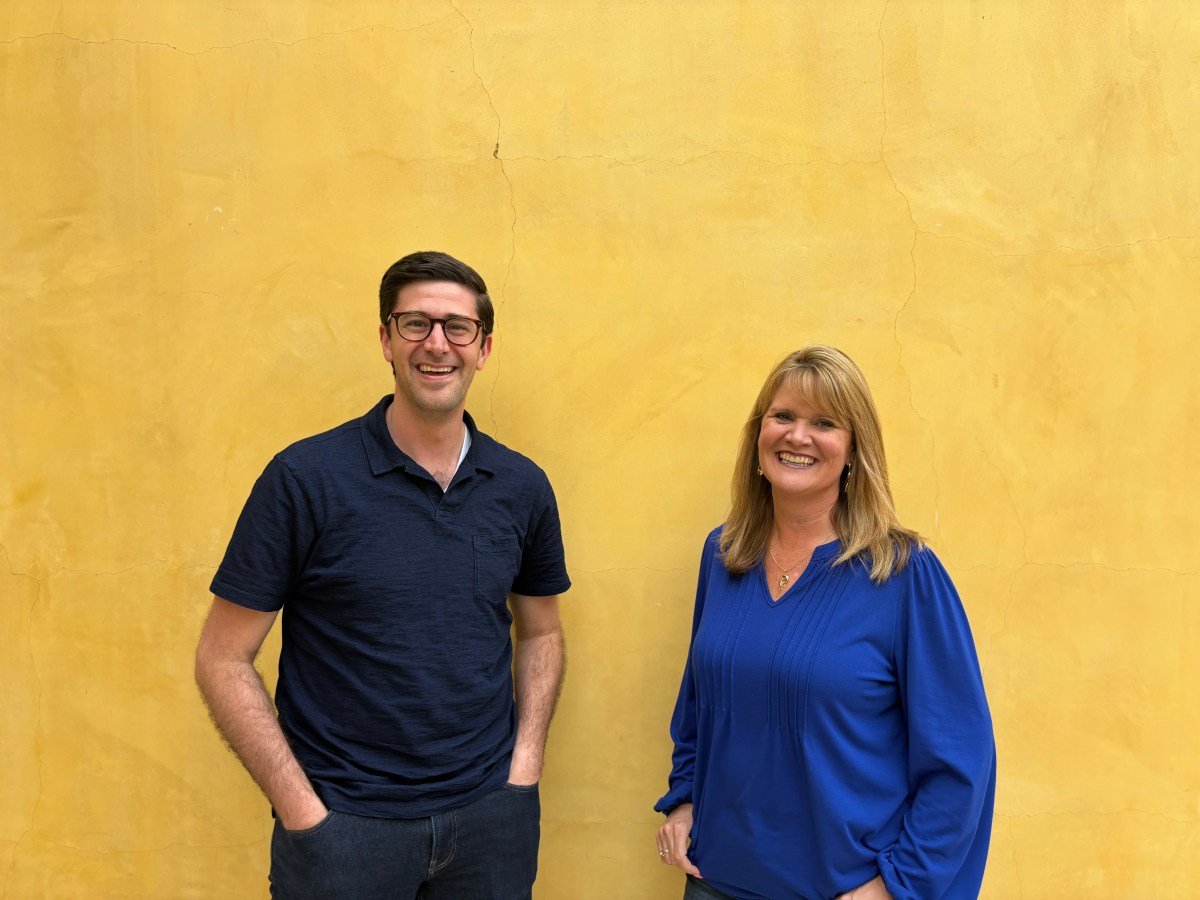In 2017, Alex Katz embarked on a mission to revolutionize behavioral health with the launch of Two Chairs. His belief in the power of in-person therapy led him to establish a company that would prioritize face-to-face treatment. Through the use of a proprietary matching algorithm, the startup placed an emphasis on finding the best therapists for their clients, with treatments primarily occurring at one of their six stylish and conveniently located clinics in the San Francisco Bay Area.
However, when the COVID-19 pandemic shook the world and shifted everything online, Two Chairs was forced to re-evaluate their approach. While the company still maintains at least one physical location in each of the three states it serves (California, Washington, and Florida), the majority of their 500+ therapists now provide virtual services.
This adjustment to a remote-first treatment model has likely contributed to the company’s rapid growth, both in terms of expansion and financial success. In fact, Two Chairs has reported an eight-fold increase in revenue over the past three years.
On Tuesday, the company announced a $72 million Series C equity and debt financing led by Amplo and Fifth Down Capital, bringing their total funding to $103 million. Amplo, which also led Two Chairs’ previous $22.5 million Series B round in August 2019, provided the majority of the funding, with additional debt financing from Bridge Bank.
Two Chairs is just one of many therapy startups to secure significant funding in recent years. Last week, Grow Therapy, a mental health platform for therapists, payers, and patients, raised an impressive $88 million Series C round led by Sequoia.
One key distinction between Two Chairs and other virtual behavioral health platforms, such as Talkspace and Teladoc-owned BetterHelp, is that Two Chairs employs the “vast majority” of its therapists, while most competitors contract with their clinicians. According to Katz, this allows the company to hand-select high-quality therapists and provide training on how to use measurement-based care (MBC). Only a minority of therapists currently utilize MBC, which has the potential to improve outcomes and reduce costs by measuring patients’ progress against standardized metrics.
While the availability of remote therapy from independent clinicians, traditional institutions, and startups like Two Chairs has helped mitigate the shortage of mental health professionals in the U.S., Katz cautions that it is not a cure-all solution. “While it has become easier to find a therapist through various digital platforms, it is still challenging to find the right therapist and receive top-quality care. That’s the problem we are working to address,” he explains. “We still have more demand than we can meet.”
The new capital will enable Two Chairs to hire more therapists, expand into additional states, and enhance their technology. The company currently offers services at the cost of a co-pay for Aetna and Kaiser Permanente health insurance holders, while charging $226 per session for other individuals.
And while some may speculate about the possibility of artificial intelligence replacing mental health professionals, thereby making businesses like Two Chairs even more effective, Katz remains skeptical for the time being. “It is an emotionally driven, human job. It can only be done well with a skilled therapist in the room,” he says.









Can you be more specific about the content of your article? After reading it, I still have some doubts. Hope you can help me.